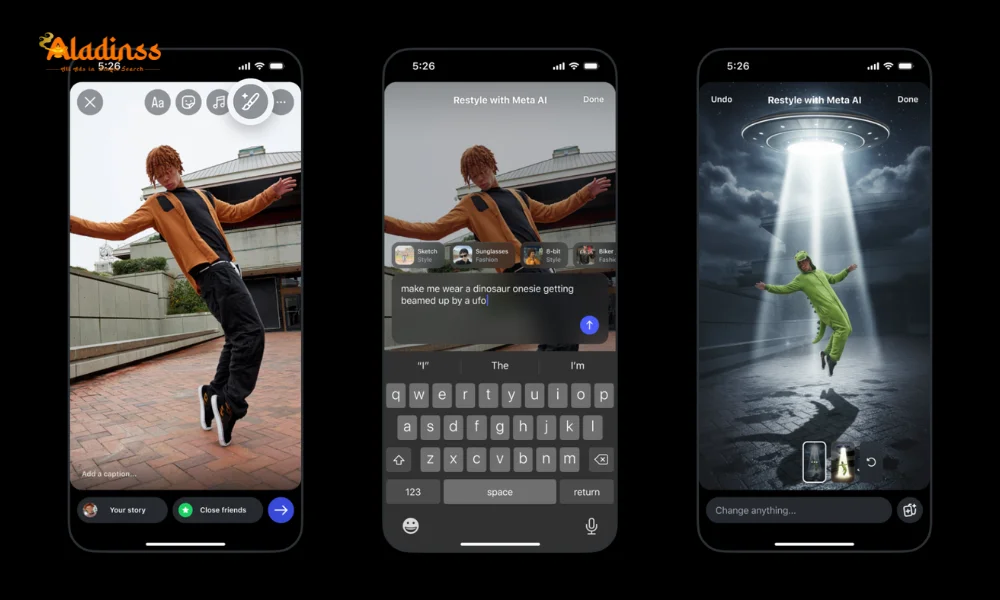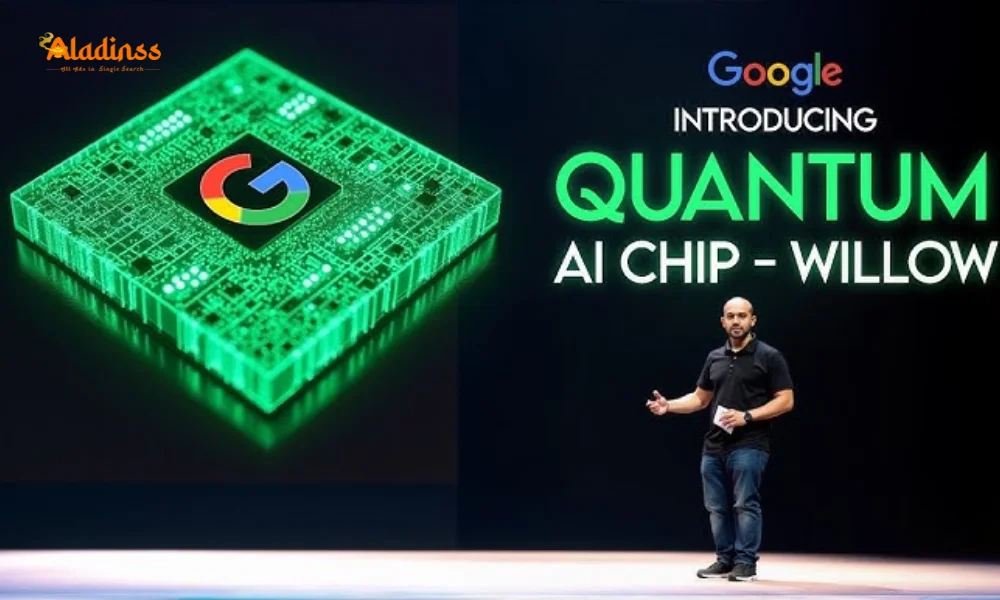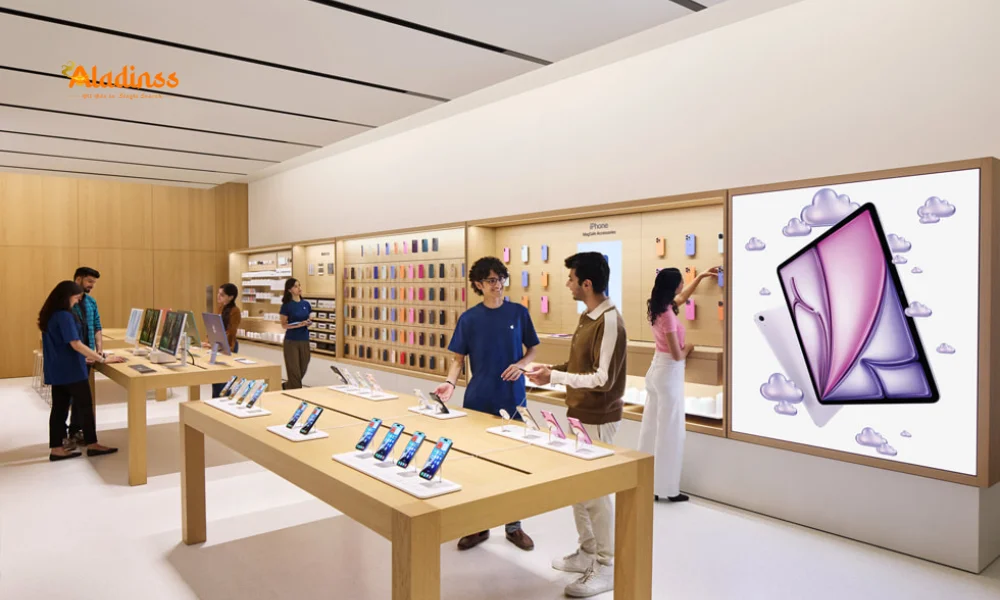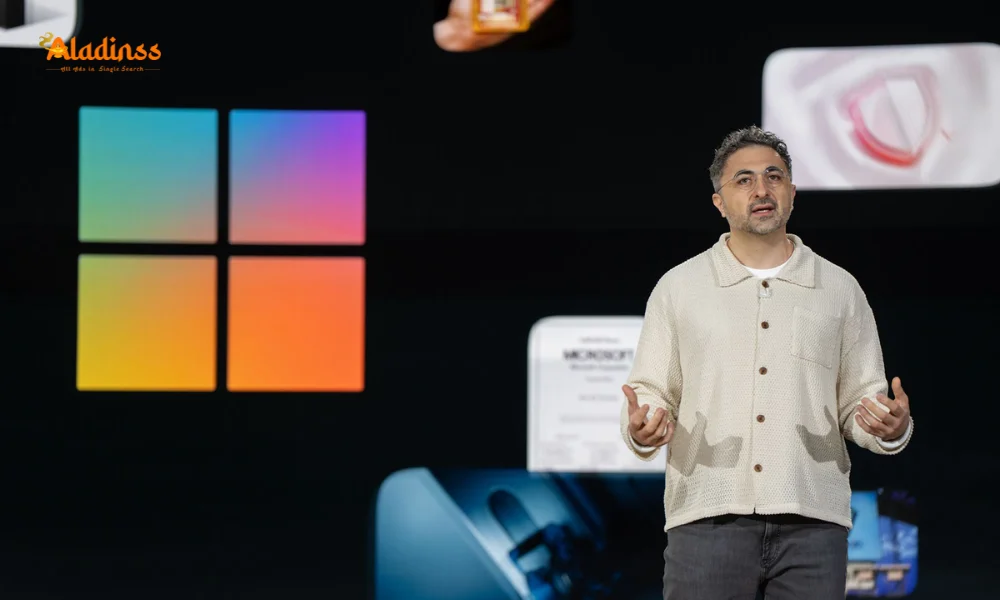Slack AI Platform for Developers
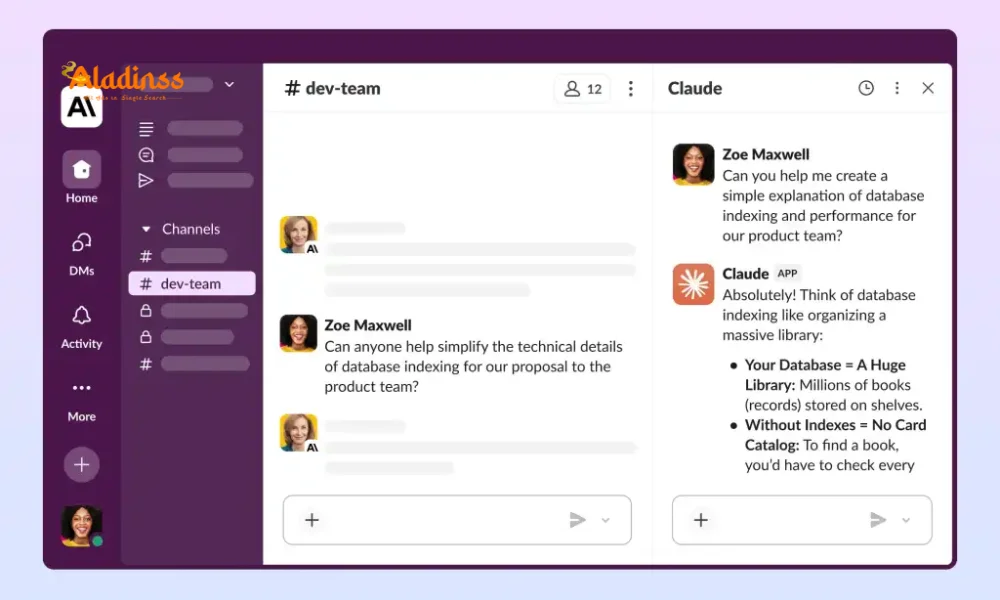
Slack Unveils Expanded Platform for AI App and Agent Development
Slack has taken a bold step forward in the world of enterprise collaboration by opening its platform to developers eager to create artificial intelligence tools and autonomous agents powered by conversational data. Announced on Thursday, this initiative leverages a robust real-time search API, a specialized Model Context Protocol server, and intuitive developer tools like Block Kit Tables. The move empowers third-party creators and internal teams to craft secure, context-rich AI apps and agents that tap directly into Slack's chat histories, automating routine tasks while respecting stringent data governance standards.
For years, AI assistants in workplace environments have been hampered by isolated data pools, leaving out vital context from discussions, threads, and shared files. Slack's latest update addresses this head-on, as outlined in their official statement, by granting controlled access to its rich conversational data. This not only bridges silos but also fosters innovation in ai workflows and enterprise ai solutions, making Slack a central hub for intelligent automation in 2025.
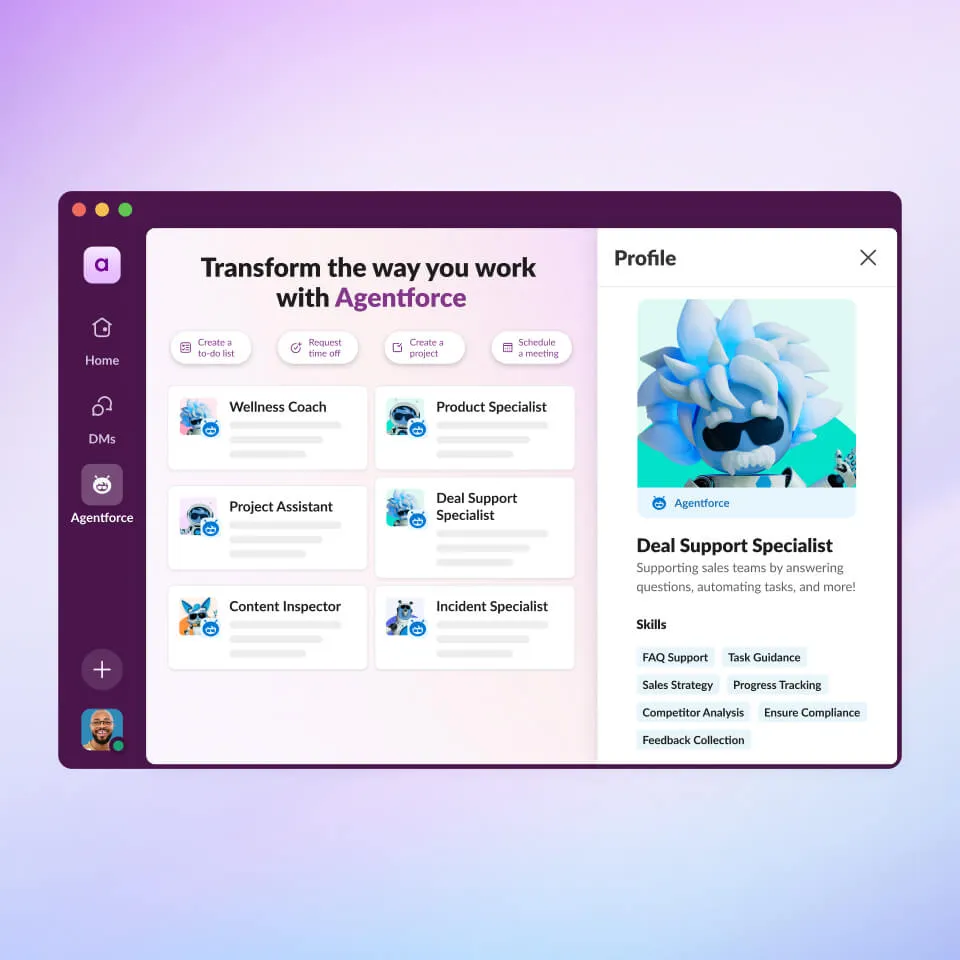
The core of this expansion lies in the real time search api, which delivers instant access to ongoing chats, attached documents, and channel archives. Developers can now build ai agents slack relies on for dynamic responses, all while adhering to enterprise-level security protocols that prevent bulk exports or external storage of sensitive information. Organizations retain full control over permissions, ensuring compliance in regulated sectors like finance and healthcare.
Breaking Down Barriers in AI Assistant Workflows
One of the biggest challenges for ai assistants workplace tools face is the lack of holistic context. Fragmented insights from emails, project boards, and instant messages often lead to generic or inaccurate outputs. Slack's platform tackles this by integrating conversational data as a foundational layer for llm integration, allowing agents to reason over real-time interactions. This results in more nuanced automations, such as summarizing project threads or flagging action items without manual intervention.
Imagine a sales team using an agent to pull recent client discussions from Slack channels, cross-referencing them with CRM notes for personalized follow-ups. Such third party ai apps become feasible, enhancing productivity without compromising on secure ai data access. Early adopters report up to 30% faster task resolution, highlighting the potential for slack collaboration ai to redefine team dynamics.
Also Read: Honor Magic 8 Pro: 200MP Telephoto Confirmed
Core Technologies Powering the Slack Developer Platform
At the heart of this ecosystem is the Model Context Protocol server, which standardizes interactions between large language models and Slack's data streams. This unified layer simplifies how ai app development unfolds, eliminating the need for bespoke code to handle tasks like querying threads or executing commands on user behalf. Developers can focus on logic rather than plumbing, accelerating time-to-market for custom solutions.
- Real-Time Search API: Enables live querying of messages, files, and metadata for instantaneous insights.
- MCP Server: Facilitates seamless tool discovery and execution, supporting diverse LLMs without friction.
- Block Kit Tables: Provides visual builders for interactive elements, enhancing agent-user interfaces.
Complementing these is the slack api, now fortified for ai-driven extensions. Security remains paramount, with features like granular permissions ensuring ai agent permissions slack admins can enforce. This setup not only bolsters trust but also aligns with global standards, making it ideal for multinational enterprises exploring slack ai 2025 trends.
Early Integrations and Real-World Applications
Slack has already seen traction from key players in the AI space. Anthropic's Claude, for instance, now leverages the platform to scour channels and files, grounding its replies in authentic work contexts. This anthropic claude slack integration exemplifies how conversational data can elevate responses from rote to relevant, aiding everything from brainstorming to debugging.
Google's Agentspace follows suit, linking Slack's streams with its agent framework for cross-tool orchestration. Meanwhile, perplexity ai slack pushes topic-based alerts into channels, fostering proactive discussions. Other notables include Writer for content generation, Dropbox integration for file handling, Notion slack for note syncing, Cognition Labs for advanced reasoning, Vercel slack for deployment alerts, and Cursor ai for code assistance. These third party ai slack apps demonstrate the platform's versatility in enterprise ai tools.
In practice, a marketing firm might deploy an agent to analyze campaign threads via the real time slack data access, auto-generating reports with embedded visuals from Block Kit. For IT teams, slack work objects could embed troubleshooting guides directly into huddles, streamlining resolutions. These use cases underscore the shift toward agentic systems where ai workflows slack handles the mundane, freeing humans for strategy.
Roadmap and Availability Timeline
Currently in closed beta, the full suite promises general availability in early 2026, giving developers ample time to experiment. Slack Work Objects, which allow seamless embedding of external data into chats, will expand broadly by late October 2025. This phased rollout ensures stability, with beta participants providing feedback to refine features like mcp server ai development.
- Closed Beta: Ongoing for select partners, focusing on security and performance.
- Late October 2025: Wider rollout of Work Objects for enhanced interoperability.
- Early 2026: Full GA, including advanced analytics for agent efficacy.
Looking ahead, this platform could catalyze a wave of slack ai beta innovations, from predictive analytics to multilingual agents. For businesses, it means investing in a future-proof collaboration tool that scales with AI adoption, potentially reducing operational costs by 20-25% through smarter automations.
Ultimately, Slack's push into developer-friendly AI marks a pivotal moment for workplace tech. By prioritizing context, security, and ease, it invites creators to build the next generation of intelligent tools, transforming Slack from a messaging app into a dynamic AI ecosystem.
Comment / Reply From
No comments yet. Be the first to comment!
